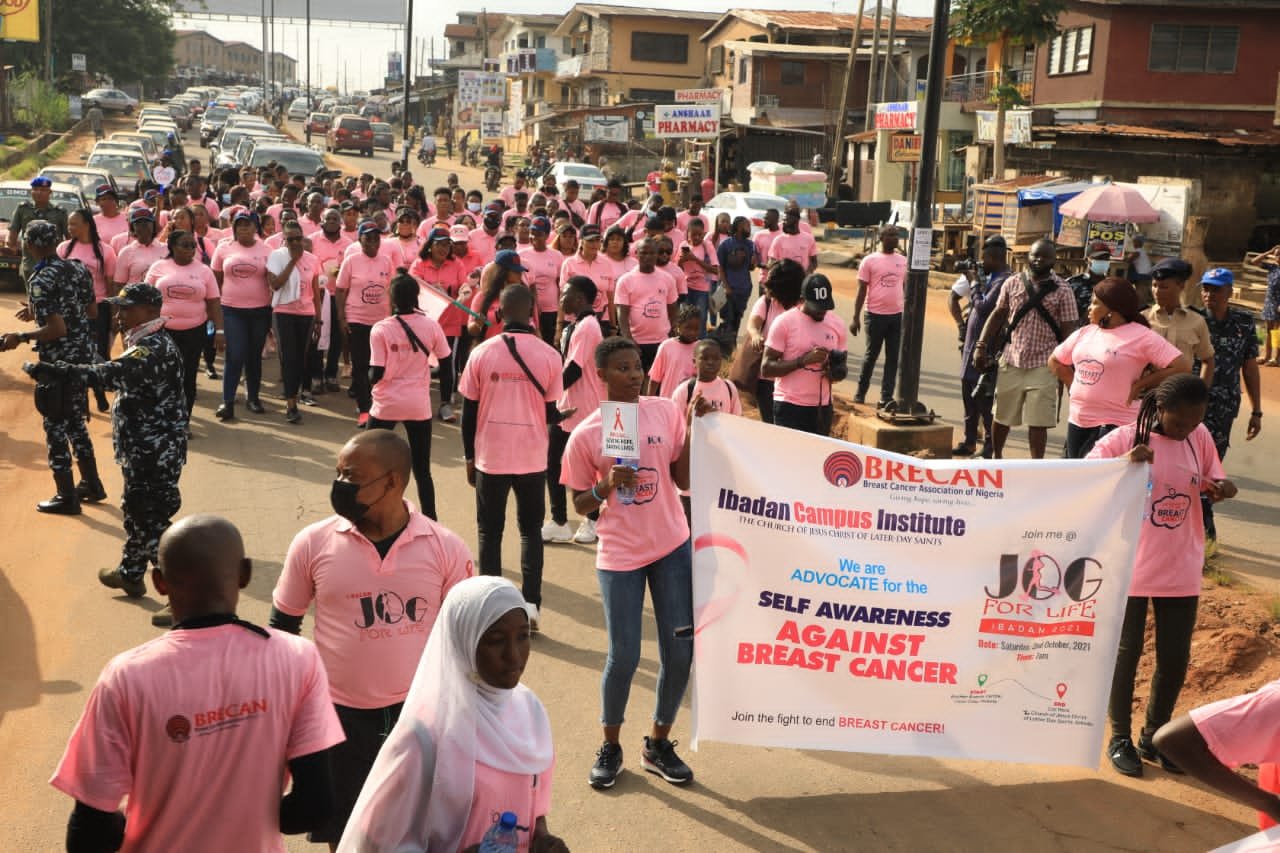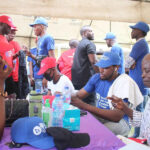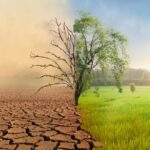Amina Musa, 42, recalls the growing pain she felt in her breasts years ago. Ascribing it to fatigue, she “kept ignoring it until one morning, I could no longer raise my arm,” she says. Doctors diagnosed the pain as stage-three breast cancer. “I didn’t even know what that meant.”
Musa’s story is at the root of a growing wave of nationwide cancer campaigns aiming to foster early screenings among women. Across Nigeria, these grassroots support networks are helping to spread awareness from the church to the market.
These awareness drives are not happening in a vacuum. Breast cancer is considered the leading cause of death among many Nigerian women.
More than 124,000 new cases are reported each year, according to the Global Cancer Observatory. Around 78,000 women die from breast cancer in Nigeria each year. Delayed screening is largely to blame for this staggering tally.
Stamping out breast cancer
In response, a crop of organisations is leading awareness campaigns, patient navigation systems and community-led recovery programmes. These initiatives are helping to redefine how Nigerians confront cancer.
The Hope Alive Cancer Support Network (HACSN) is one such group. What started as an informal gathering of survivors and nurses at the University of Abuja Teaching Hospital has now evolved into a lifeline for hundreds.
HACSN preaches the virtues of early detection during monthly campaigns, hosts door-to-door counselling sessions and offers free breast and cervical screening for women in Gwagwalada and surrounding communities like Dobi, Paiko and Kutunku.
The group partners with national organisations such as the Breast Cancer Association of Nigeria, or BRECAN, to provide financial support for patients undergoing chemotherapy.
Hope Alive would become a lifeline for Musa following her diagnosis. “I didn’t have money for treatment, and I thought it was over for me.” The organisation, she adds, not only raised funds for her biopsy and first round of chemotherapy. They also guided her through the difficult phase of post-therapy.
As part of volunteering for the group, Musa spends her weekends quelling the anxiety of the newly diagnosed. “Now, when I meet other women who are afraid,” she says, “I tell them my story. I tell them that there is hope even here in Gwagwalada.”
For survivors like Ngozi Eze, a mother of three based in Abuja, these support groups offer much-needed companionship. “Listening to others share their pain made me realise I wasn’t dying–I was healing,” she says.
More often than not, these support networks offer free screening exercises, counselling and referrals to oncology centres in Lagos, Abuja and Port Harcourt. The Project PINK BLUE campaign, for example, has provided thousands with free screenings, with early detection rates improving steadily each year.
The value of these initiatives is not lost to doctors. Emeka Afolabi, an oncologist at the National Hospital Abuja, has observed a willingness among patients to return for treatment, knowing that “they are not alone,” he notes.
Experts note that psychosocial support reduces treatment abandonment, improves recovery outcomes and instills the confidence to fight, especially among low-income patients who are likely to give up.
According to Nigeria’s National Cancer Control Plan (2023–2027), early detection can increase survival rates for certain cancers by up to 70% if combined with continuous support and awareness.
In some rural communities, outreach programmes now integrate cancer screening with maternal health services. These enable women to have their breasts examined during routine checkups so as to ramp up awareness.
Confronting the hurdles
For all their promise, these initiatives confront stark odds like limited screening facilities and high treatment costs. Many rely heavily on donor funding, and government partnerships are patchy. Nevertheless, these initiatives are reshaping cancer care in profound ways.
By offering trust and empathy and a sense of belonging, typically missing in the formal healthcare system, they give survivors like Musa the courage to keep fighting. Reflecting on her journey, she says, “They told me I would not survive, but I did. Because someone held my hand.”
Summary not available at this time.






